Universidad Nacional de Colombia Publication
October 14th, 2025
Professor Liliana Duica Amaya of the Anthropology Department has a new article published by the National University of…

Universidad Nacional de Colombia Publication
October 14th, 2025
Professor Liliana Duica Amaya of the Anthropology Department has a new article published by the National University of…
Anthropology against Behavioral Science
October 14th, 2025
Professor Hunter-Pazzara of the Anthropology Department has a new article in Anthropology…
2025-26 Stapleton Recipients
October 14th, 2025
The Department of Anthropology is excited to announce the recipients of the Stapleton Award for 2025-2026! Please click here for more information about the Stapleton Award Jasmine…
2024-25 Stapleton Recipients
August 7th, 2024
The Department of Anthropology is excited to announce the recipients of the Stapleton Award for 2024-2025! Please click here for more information about the Stapleton Award Leah…
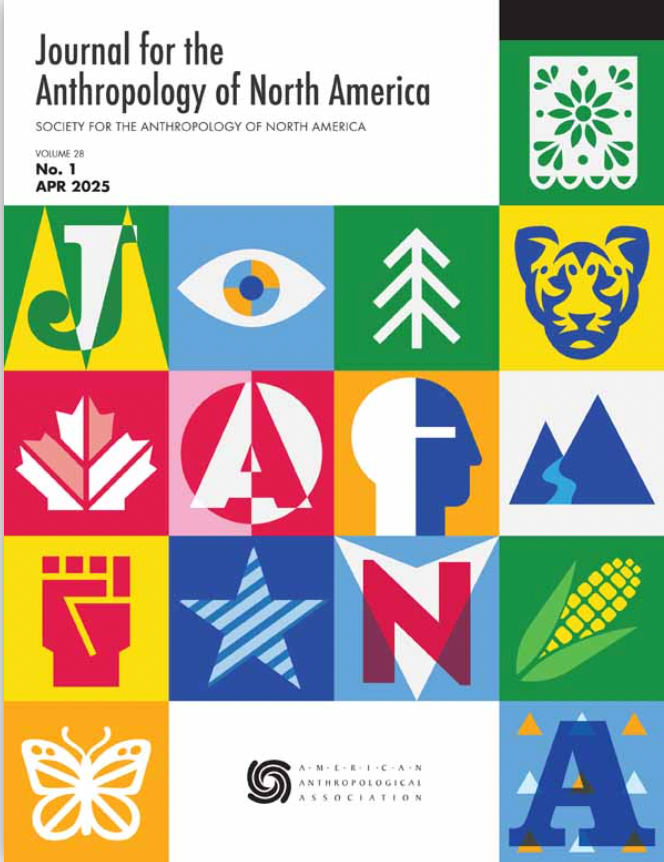
Associate Professor and Chair of the Anthropology Department Andrew Bickford explores the impact of the symbol placed on a US spy satellite, National Reconnaissance Office Launch–39, when it was launched in 2013. “The tentacles of surveillance: Cephalopods and United States satellite intelligence” delves into the stories the explicit use of a known symbol of threat crafts around fear and domination, providing an insight into how a US intelligence organization pictures itself, its role, and its targets.
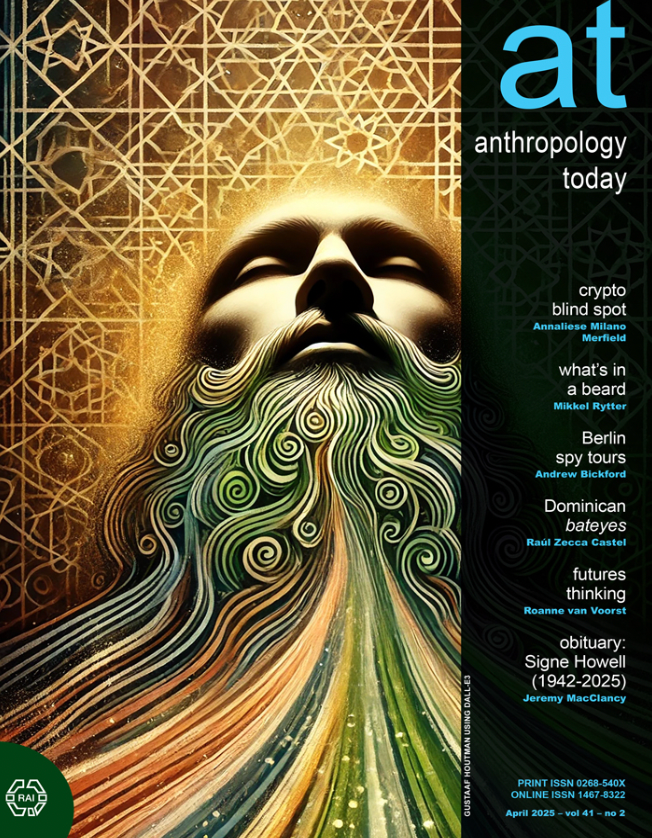
In “Spy tours: Ruins, secrets and the memory of Cold War Berlin” Associate Professor and Chair of the Anthropology Department Andrew Bickford explores how societies transform the remains and ruins of Cold War surveillance infrastructure into spaces of tourism and memory.

Associate Professor and Chair of the Anthropology Department Andrew Bickford’s “Imagining the Human Camel: Water, Climate Change, and the (Super)Soldier” examines US military plans to weaponize water in the form of hydration enhancement and the body’s ability to store and process water. The article analyzes the intersection of military human performance enhancements and logistics.

Professor Liliana Duica Amaya of the Anthropology Department has a new article published by the National University of Columbia examines how deforestation inside the Nükak Indigenous reserve has intensified since the Havana Peace Agreement. The article argues that the expansion of cattle ranching to supply beef to Bogotá and nearby cities is progressively destroying the Nükak rainforest and reshaping Indigenous territory.
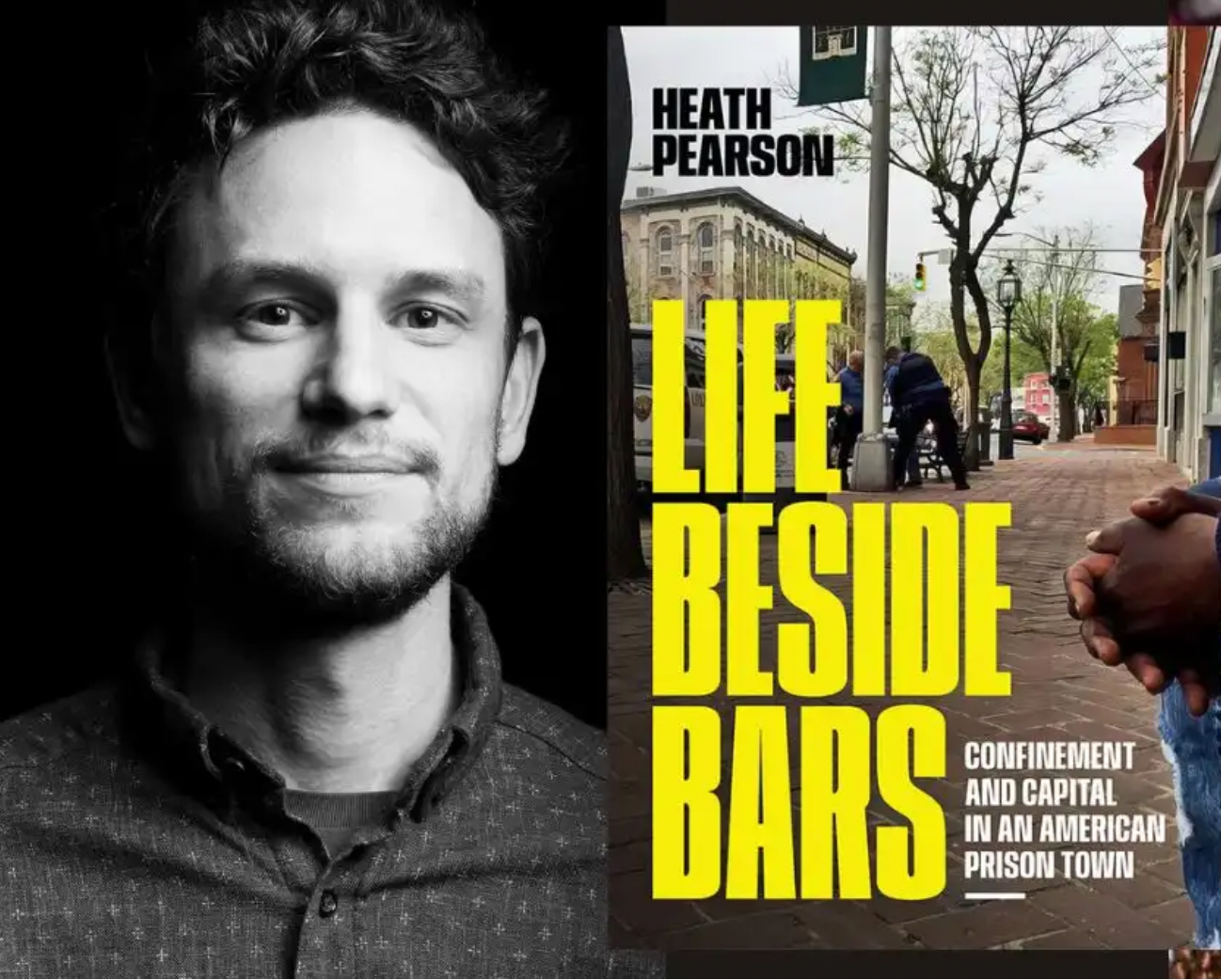
In Life beside Bars, Assistant Professor Heath Pearson showcases dynamic, interdependent community as the best hope for undoing the systems of confinement that reproduce capital in Cumberland County, New Jersey—a place that is home to three state prisons, one federal prison, and the regional jail. Through ethnographic vignettes written in story form, pearson offers an alternative history of the unruly and unexpected ways that people resist, get by, make money, find joy, and build radical social life in the small, unseen spaces beside large-scale confinement.

Adjunct Professor Brandon Hunter-Pazzara’s new essay, Anthropology against Behavioral Science in Anthropology News explores where and why anthropological and behavioral science approaches diverge. Rather than offer a corrective to international development’s colonial past, behavioral science continues this legacy through its paternalistic approach to knowledge production and its crude renderings of social context.
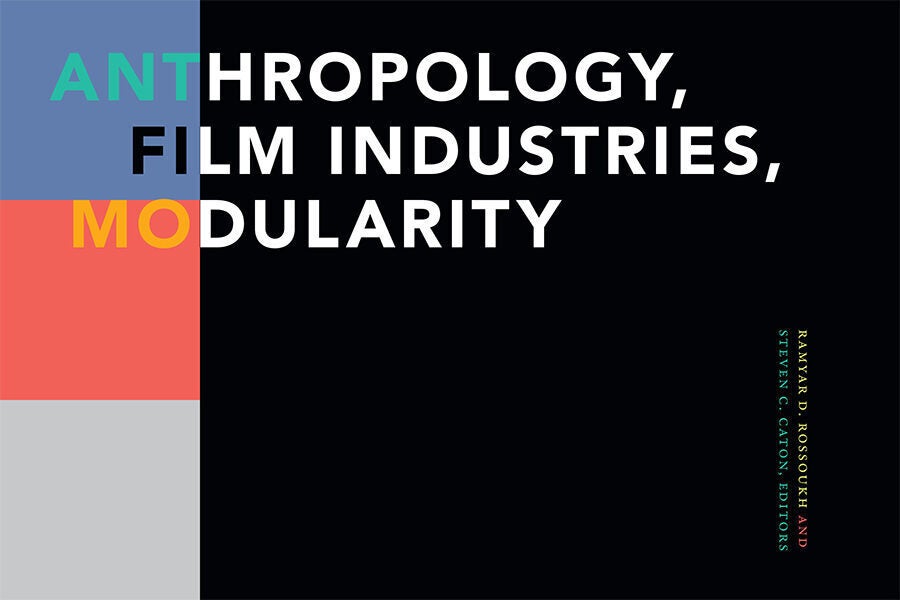
Assistant Teaching Professor Amrita Ibrahim contributed a chapter to the newly released Anthropology, Film Industries, Modularity. This collection takes an ethnographic and comparative approach to capturing the diversity and growth of global film industries. It outlines how modularity—the specialized filmmaking tasks that collectively produce a film—operates as a key feature in every film industry, independent of local context.
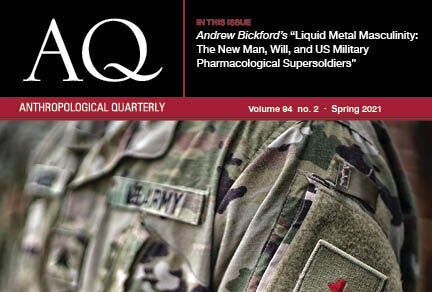
Associate Professor Andrew Bickford’s article “Liquid Metal Masculinity: The New Man, Will, and US Military Pharmacological Supersoldiers” was published in the Spring 2021 edition of Anthropological Quarterly. The article focuses on the connections between masculinity, “will,” ideology, and biomedical and pharmacological enhancements designed to make soldiers—either the New Man of modernity or the emergent pharmacological “supersoldier” of the current era in the United States—more effective and resilient on (and off) the battlefield.

Assistant Professor Heath Pearson’s article “WORK WITHOUT LABOR: Life in the Surround of a Rural Prison Town” appeared in Cultural Anthropology, Volume 36, Issue 2. This article challenges the idea that the U.S. prison boom is a federally-driven fix. By assembling a two-hundred-year regional history of Cliptown, New Jersey—a rural town with five prisons and three police departments—the article indicates that prisons appear not as an external fix but as the most recent technological iteration of a homegrown system that has always functioned to capture labor through white supremacist domination.

Chair of the Georgetown Department of Anthropology Denise Brennan‘s article “Sex Exceptionalism, Rescue Mercenaries, and Border Vigilantes” appears in issue 64.1 of Anthropology News. The article explores how fears over so-called sex trafficking fuel carceral anti-trafficking activities, but they are nothing but harmful political stunts and fundraising scams.
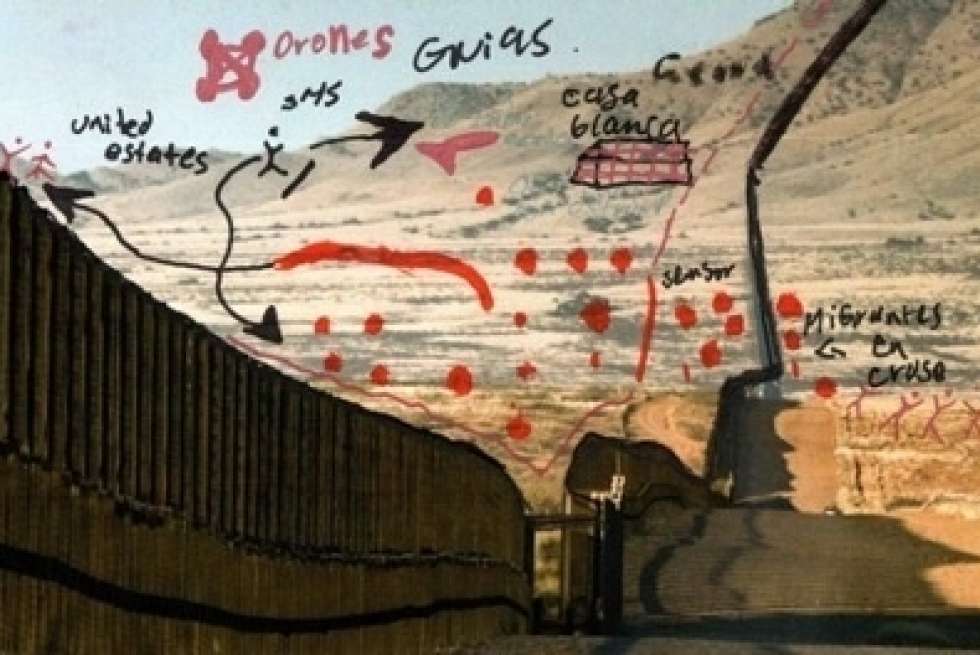
This anthology of essays, co-curated by Chair of the Georgetown Department of Anthropology Denise Brennan, Georgetown Anthropology alum Xitlalli Alvarez, and Gabrielle Oliveira, situates the damage wrought under the Trump presidency within decades of systematic violence and dehumanization. The essays locate this particular moment within centuries of racialized exclusions and imagine a way forward guided by those who are most impacted and are forced to employ multiple activists to challenge capitalist and carceral forces.
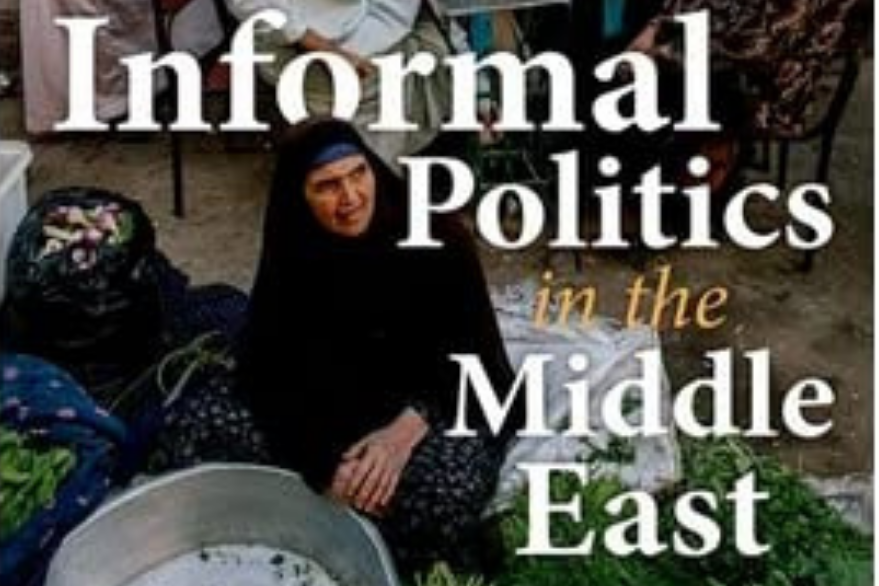
Assistant Teaching Professor Nejm Benessaiah contributed an essay to the new collection, Informal Politics in the Middle East. Professor Benessaih’s essay adds to the literature on informal politics by providing a new perspective on the governance of natural resources—specifically, the changing political culture of an Algerian oasis region, with a focus on agricultural civic organizations. While forbidden from formal political activity, voluntary associations in Algeria are inherently political due to their collective nature.